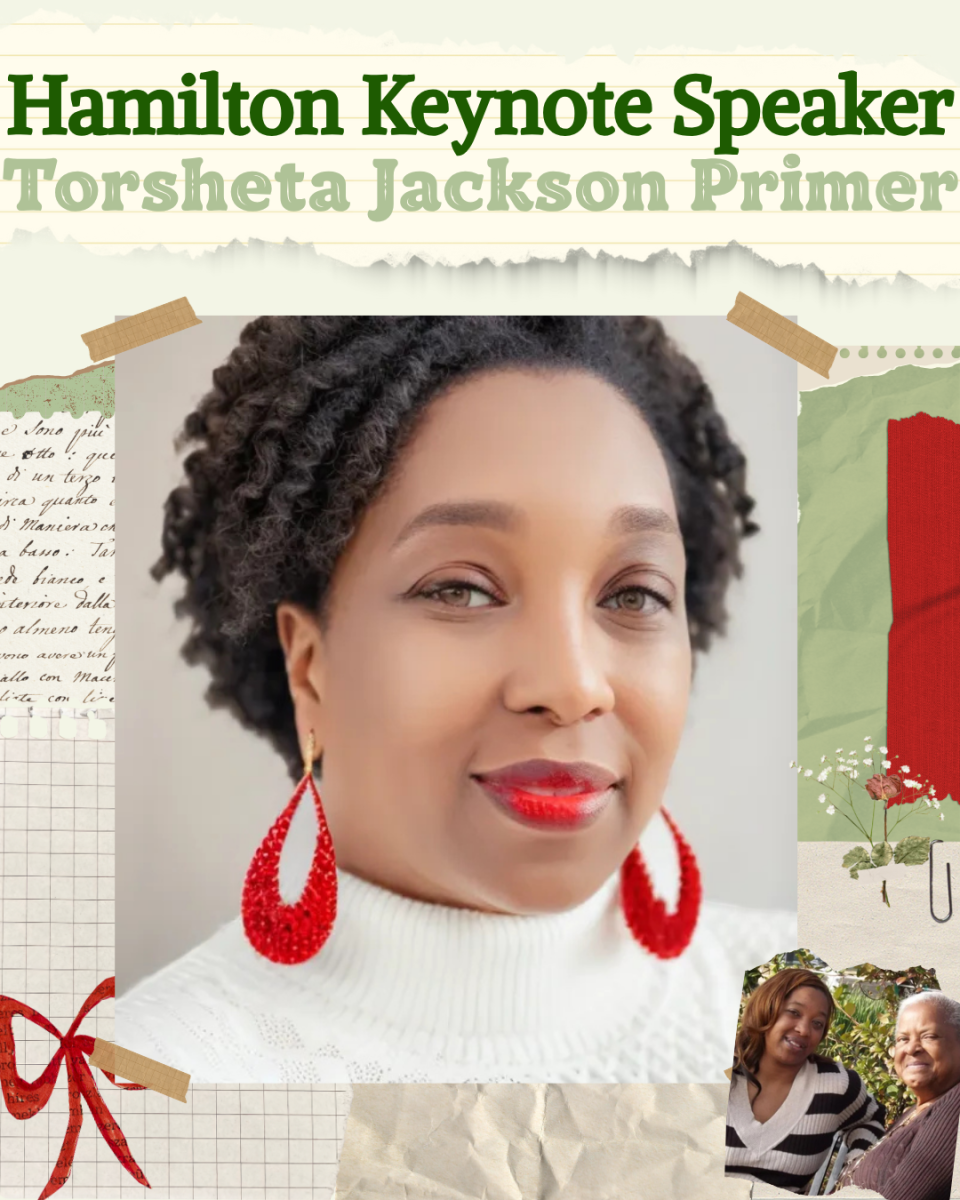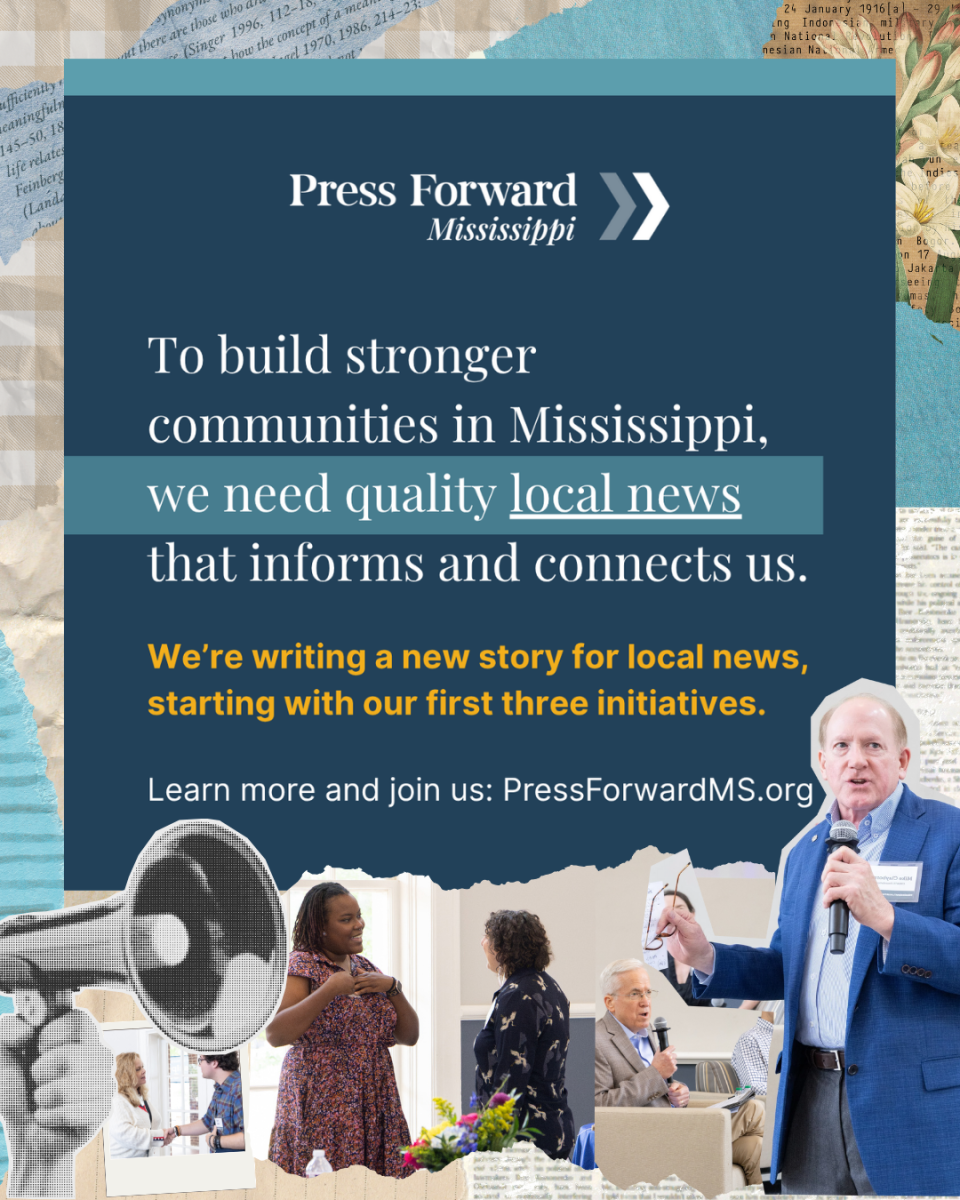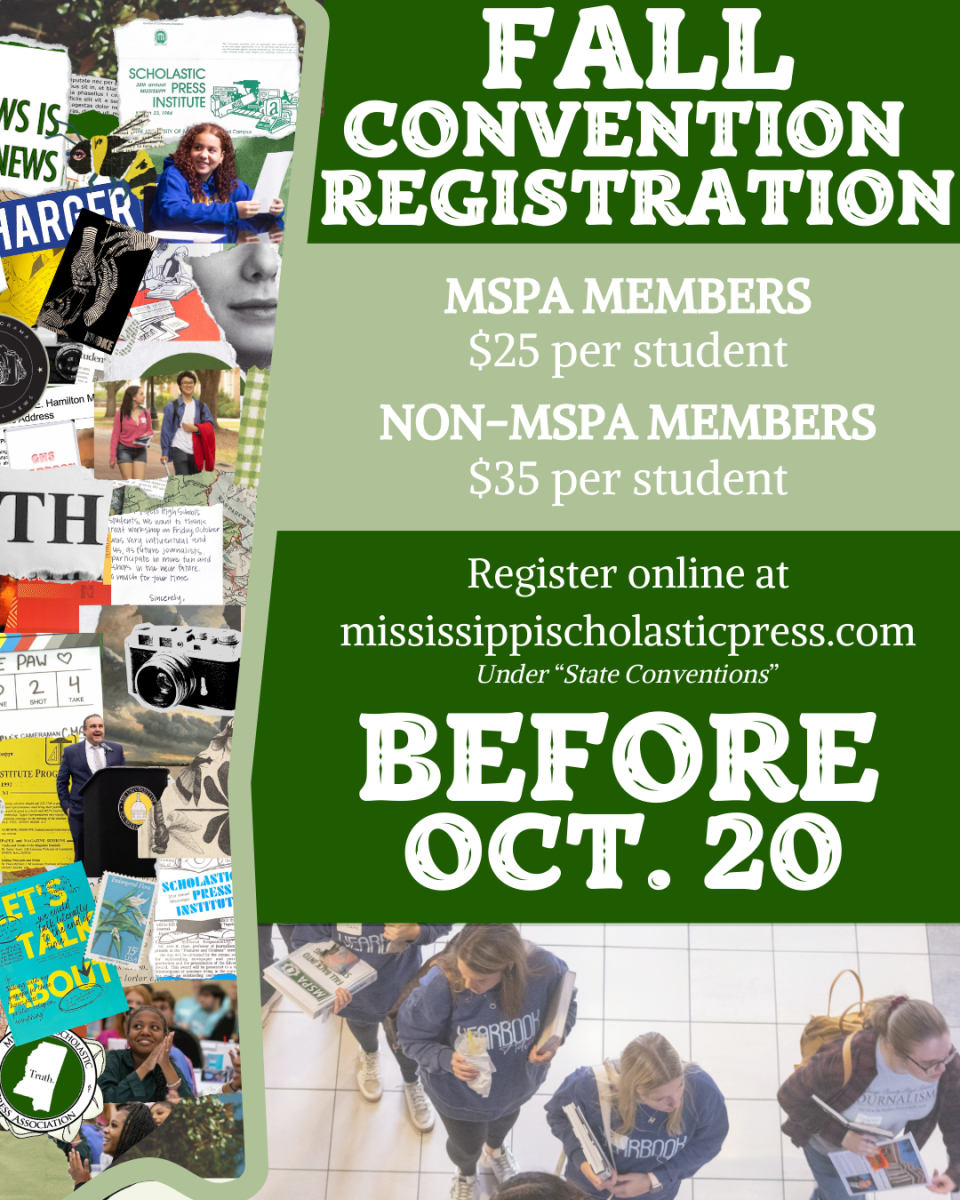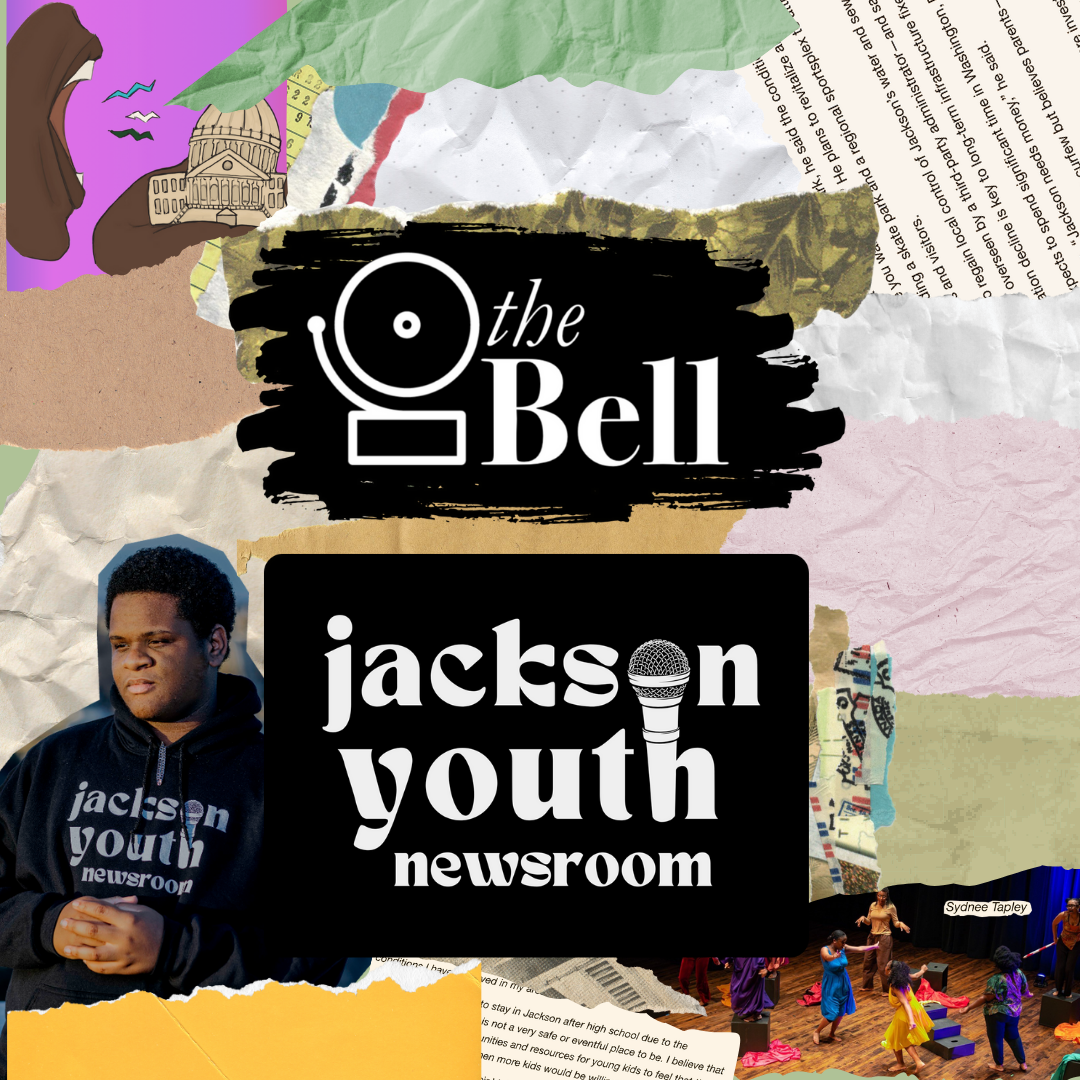Since 2023, Torsheta Jackson has been the Systemic and Education Editor at the Mississippi Free Press. Originally from the town of Shuqualak, MS, Jackson attended the University of Southern Mississippi, where she achieved a B.A. in Mass Communication, and later a M.A. in Curriculum and Instruction from the University of Mississippi. After moving to Jackson, MS, she used her recently acquired teaching license to become a substitute, which soon led to full time teaching for the next 19 years.
While teaching in Jackson, she founded a student-run newspaper at First Presbyterian Day School called the Crusader Chronicles. To go along with this, Jackson had been a freelance journalist, and was approached to write by the Mississippi Free Press in 2020. After two years, she became a full-time reporter, and has since worked in partnership as an Report for America member, then education reporter, and now systemic and education editor.
Q&A
What was your path like from teaching, to becoming a journalist, and the Mississippi Free Press?
“ I went to school to do broadcast journalism. My parents were both educators and so my father’s only requirements of me when I went to school was that no matter what else you do, your backup plan needs to be education. And I said, I will never teach, ever. So the summer before my junior year, my mother was on the school board and the school superintendent called and asked would I work a character education program they had in my home county, so I did that. Then the next summer they asked me back, and at the end he asked if I would be willing to get an emergency teaching license.”
“ I moved to Jackson with my best friend from college. I ended up being a long term sub, which eventually got me hired into the school district and I finished everything to actually get a license. I taught public school for about fifteen years, a year at Jackson State in staff training and development, and also three years of teaching at First Presbyterian Day School. I had been freelancing since about 2011, and during 2020 I was asked by the Mississippi Free Press to write for a series on black women in the COVID pandemic, which I did on my home of Noxubee County. Afterwards, the CEO and editor Donna Lad took a reporting trip with me, and during that time she decided that I needed to be a full-time reporter, which was some push and pull for two years until I finally came on.”
What kind of educating methods have you employed in your time teaching over the last near-twenty years?
“ I think it changes every year, because my students change as well as what they need and are able to accomplish. The best one I’ve found is just hands-on learning. For our students, they are in our newsroom. Our reporters work with them. This way they immersed in what news looks like daily. This is one of the things that I hope professionals at the convention walk away with. I feel that anytime we as professionals have the opportunity to sit in a room with student journalists, we should do that.”
“Really we underestimate the power as professionals that we have to impact the next generation. So the best way for me to ensure that that happens is to invest in them. We know our colleagues’ strengths and weaknesses, and to impart that to students is important.”
Could you talk about your work in uncovering various issues, whether those be historical, systemic, etc in the state of Mississippi?
“ I believe that it is part of my responsibility as a native Mississippian. I was born, raised, and went to high school in one of the smallest, most rural, poorest, and even segregated counties in this state. When I got to college, I didn’t realize the rest of the world and state didn’t look like Noxubee County. That was the first indication for me that we have to know what’s going on in other parts of this state. That’s what’s important about the role that I play now in journalism, I have the opportunity to open the state up to people who don’t know it like others do.”
“There are people who’ve never heard of Shuqalak Mississippi, so they don’t know the town is struggling with the only grocery store 10 miles out of town. Meanwhile, people in Jackson have seven to choose from. So as a reporter, telling these systemic stories is about closing the gap between those of us in the state who know, and those of who don’t to have conversations and figure out solutions.”
How do you believe students and young people in general should understand the field of journalism and media today?
“ I feel that we have to look at journalism from a more broad perspective now. It’s no longer just the newspaper or the TV news. We have digital influencers who are on social media all day long with many followers, some of them more than we have subscribers at the Mississippi Free Press. So there are a lot of ways to be a communicator or journalist. And I think students need to understand that journalism is both a public service and a responsibility. It’s not just about reporting facts. One of the things that we work hard to do at the Mississippi Free Press is to give those facts context. It’s about amplifying voices, telling stories that are often left out of the conversation, and holding power and institutions accountable. It is a powerful way to build empathy, to impact communities, and create change. I am a firm believer that it is up to our young people to do that.”
Jackson will deliver the Hamilton Keynote speech as part of the the Mississippi Scholastic Press Association’s annual fall high school journalism convention on Thursday, Oct. 30, on the campus of the University of Southern Mississippi.






